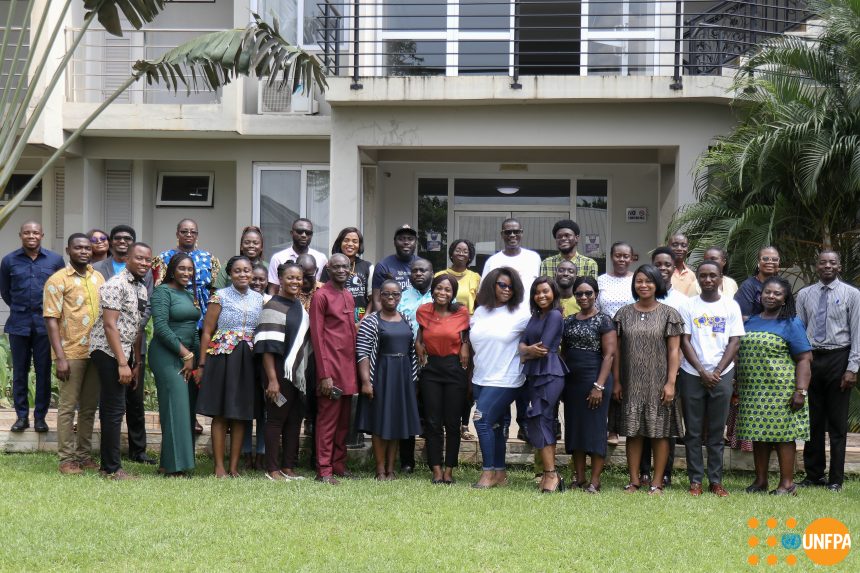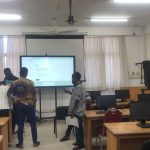The United Nations Population Fund, Ghana (UNFPA Ghana) has organized a capacity-building workshop for journalists and media practitioners to aid in their reportage on issues of population and sexual reproductive health in the country.
The training began on Monday, November 21, 2022, and ended on Wednesday, November 23, 2022, with officials from the UNFPA Ghana, the National Population Council, the Region Institute for Population Studies, and journalists across many media houses in the country.
The participants were taken through a series of presentations on the International Conference of Population and Development – Programs of Action (ICPD-POAs), Demographic Dividend, Evidence-based and Results Reporting, Population Dynamics, and Population Communication, among others.
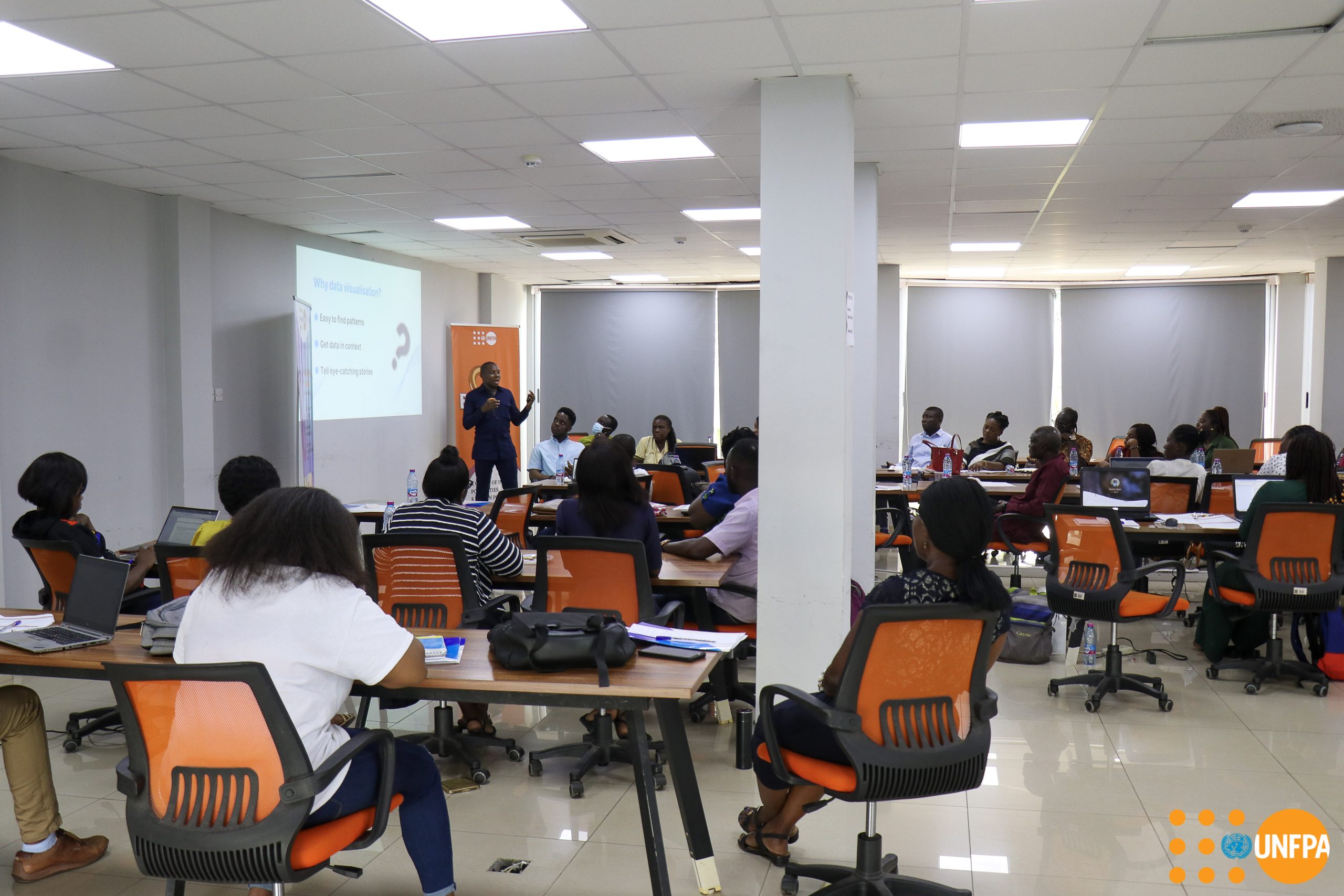
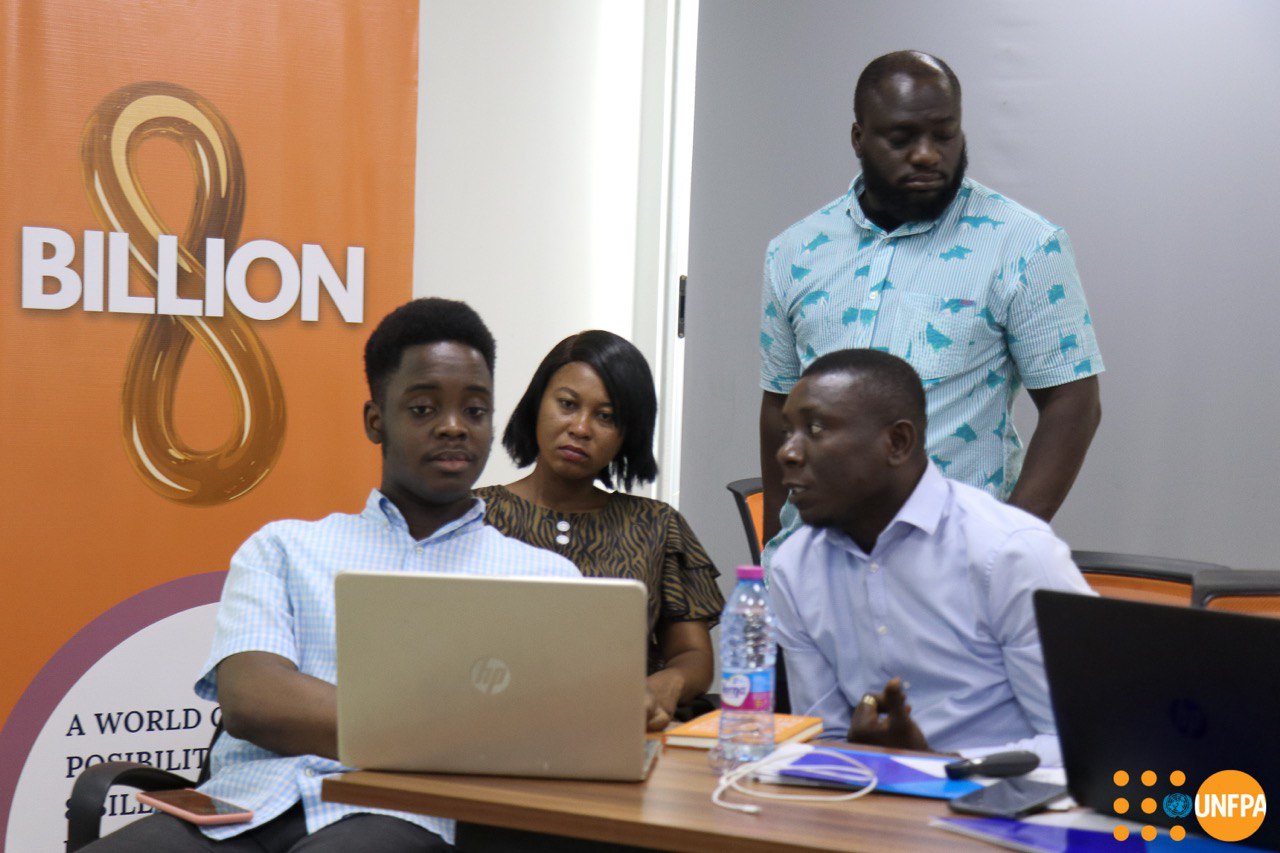
Speaking to UniversNews, Programs Officer for the Population and Development Unit at the United Nations Population Fund, Ghana, Efua Turkson called on journalists and media practitioners to understand the data and dynamics of population to be able to report effectively on them.
“The purpose of the program was to engage the media on population, and related issues, especially on ICPD, i.e., International Conference for Population and Development, and also on population issues such as the sustainable development goals, and the purpose was to build their [media practitioners] capacity in these areas so that they will be able to report effectively and accurately. Some of the challenges we see is about reporting on the numbers, especially the data. How to interpret the data and also analyze it so that before they [media practitioners] report on population issues, they need to understand the issues and the data that they’re putting in their reportage because that will help them to be able to report effectively,” she said.
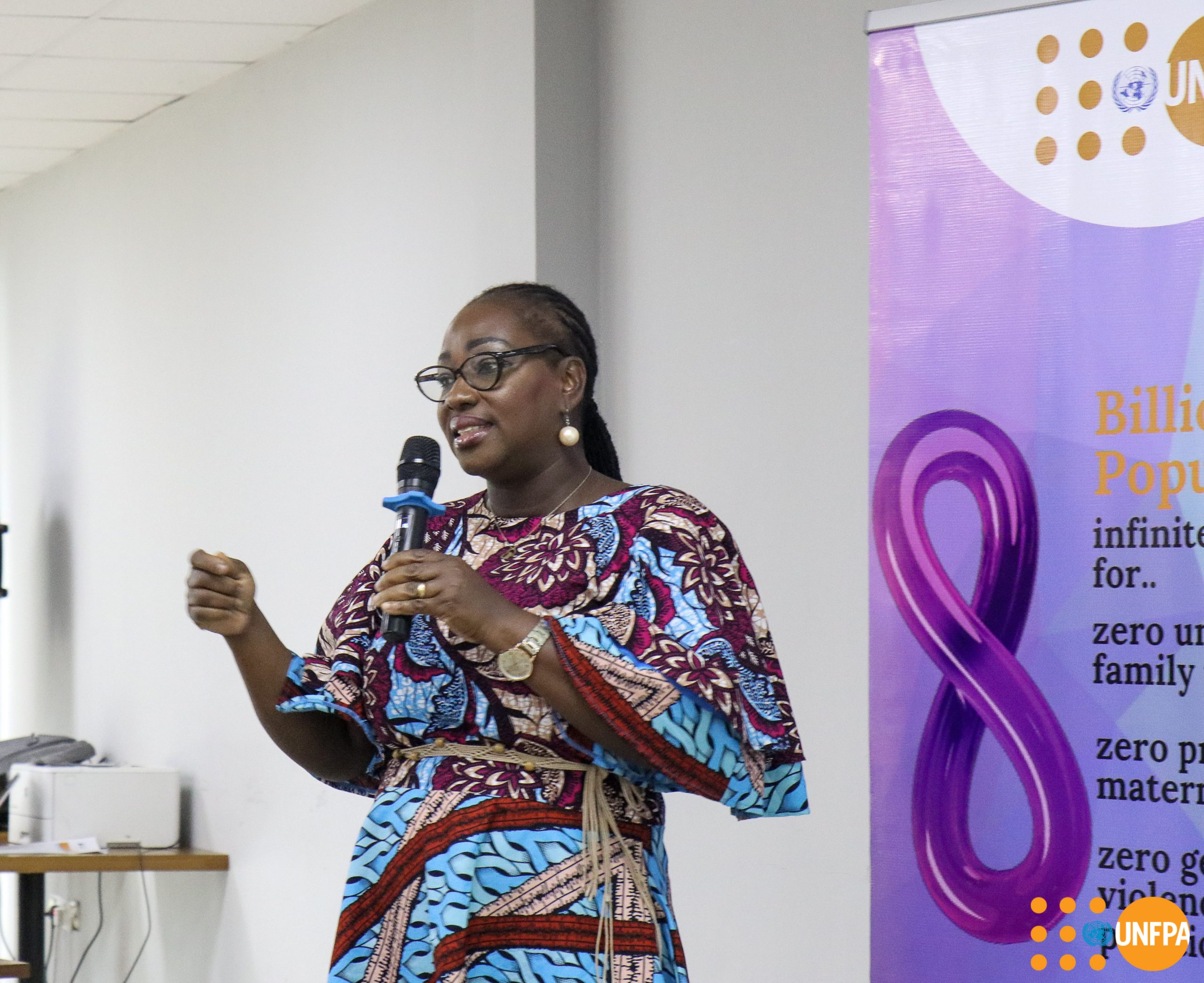
Further speaking, the National Program Analyst for Population and Development at UNFPA Ghana, Mutaru Goro Iddrisu highlighted that in order for developmental projects in the country to thrive, the issues of population must be taken into consideration.
“We noticed that we can’t work without the media. The media is the wheel of development, and all the work we do must be communicated outside. We noticed over time that the few reports we have seen from the media on population issues are either reported inadequately or they’ve missed the terminologies, and the public doesn’t get the correct communication from the media. Population is an area that keeps changing every second, so we need journalists to be up to date with the changes in population. Every development, if not factored in population, cannot go well, just as we’re experiencing in Ghana. Developments are not going on well here because we don’t factor in population issues,” he added.
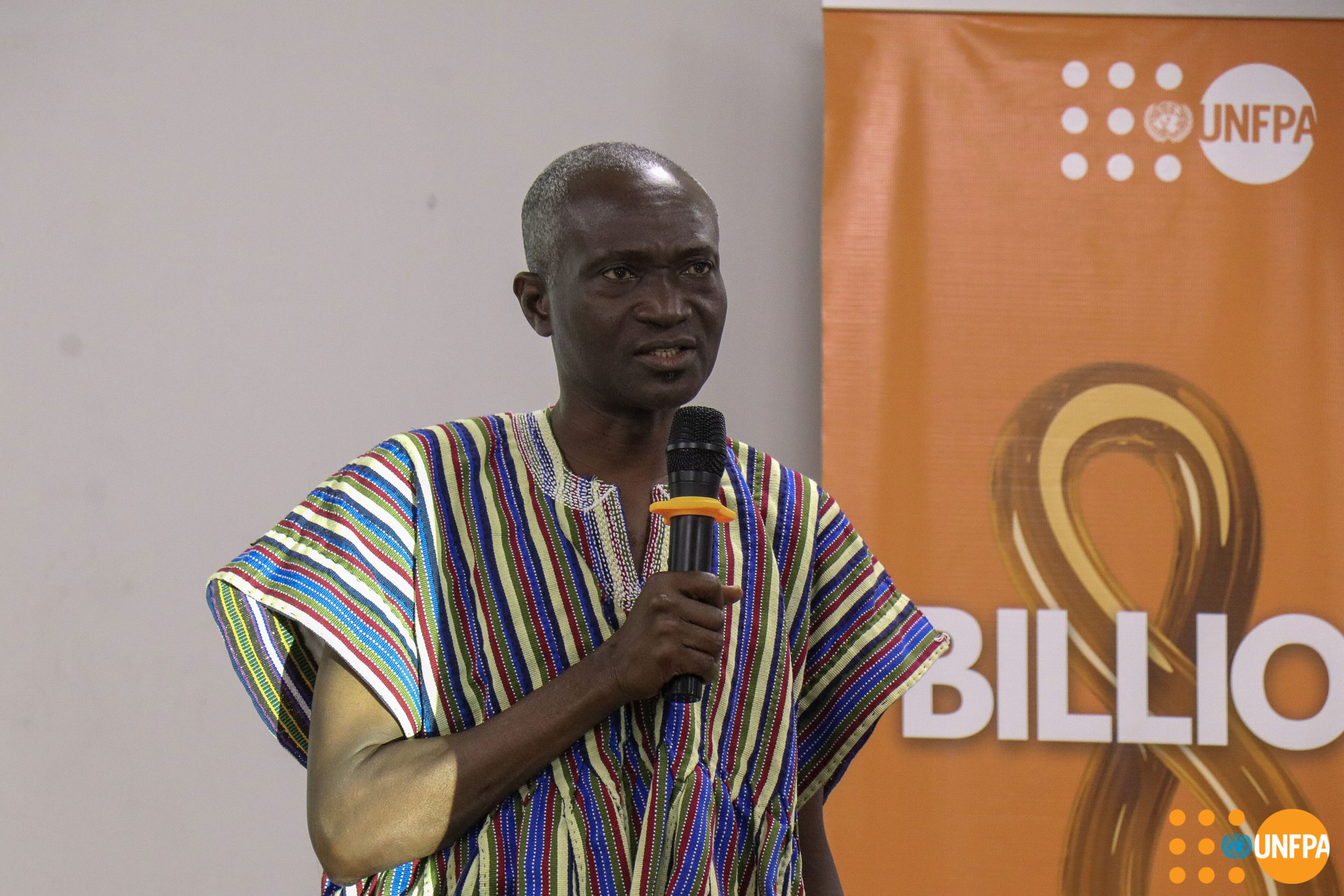
Head of Population and Development, Monitoring and Evaluation Unit at UNFPA Ghana, Eric Okrah called on government, journalists, and media practitioners to focus more on not just the numbers but the quality of the population to aid in the acceleration of development in the country.
“It is time for us to now refocus on the population structure that we have and to know that majority of our people are youth and that the investments that we make in these youths today will determine the kind of future that we want. We should be looking beyond just the numbers and be looking at the quality of the population because it is the quality of the population that will accelerate the kind of development that we need,” he said.
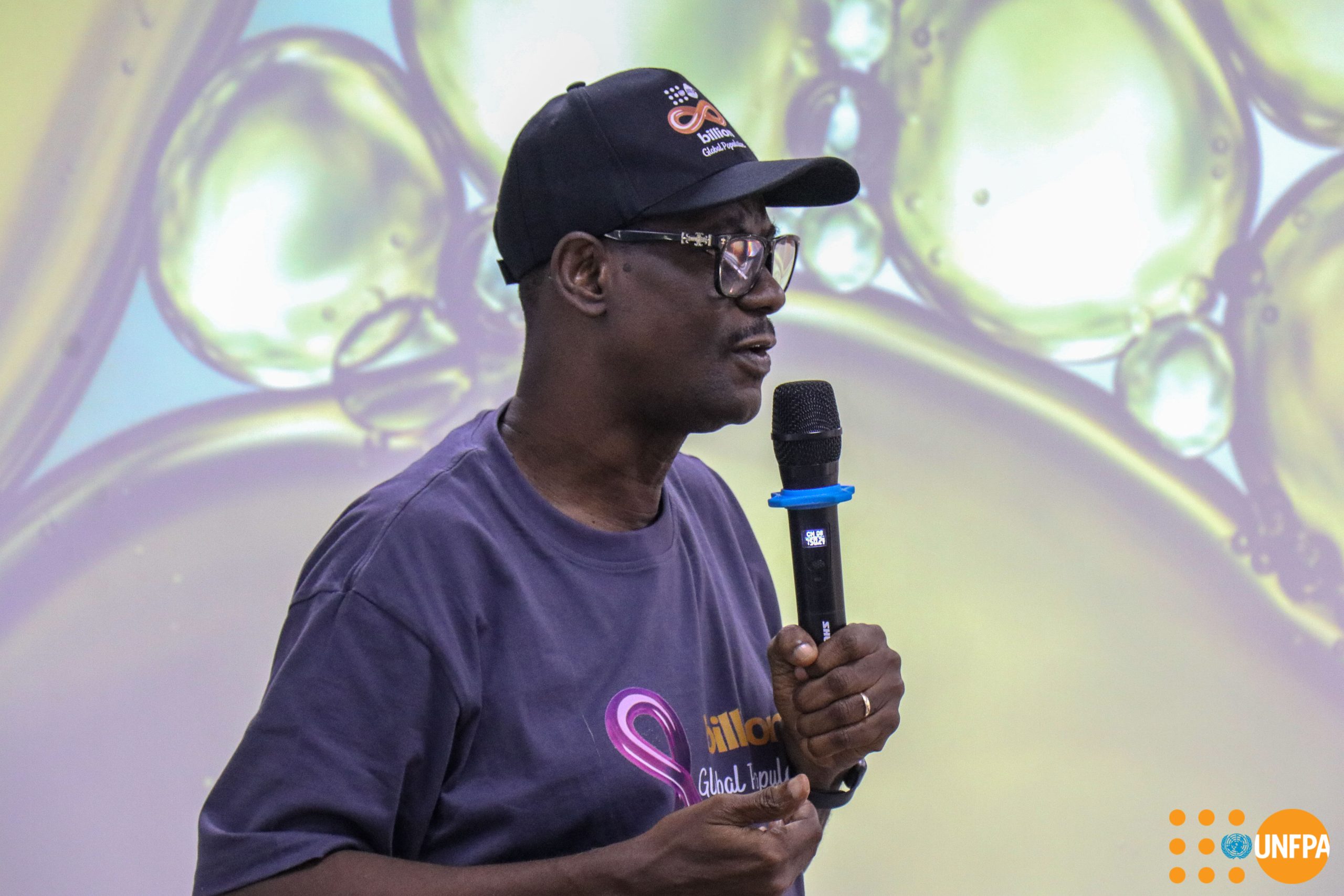
The issues of population and sexual reproductive health have been on the rise over the past few years. Many have looked to the government and some organizations to find lasting solutions to these problems.
Recently, the population reached another milestone of 8 billion people on the planet. As others rejoice on the back of this milestone, to many, this is alarming considering the current global challenges like poverty, climate change, human rights violations, and others.
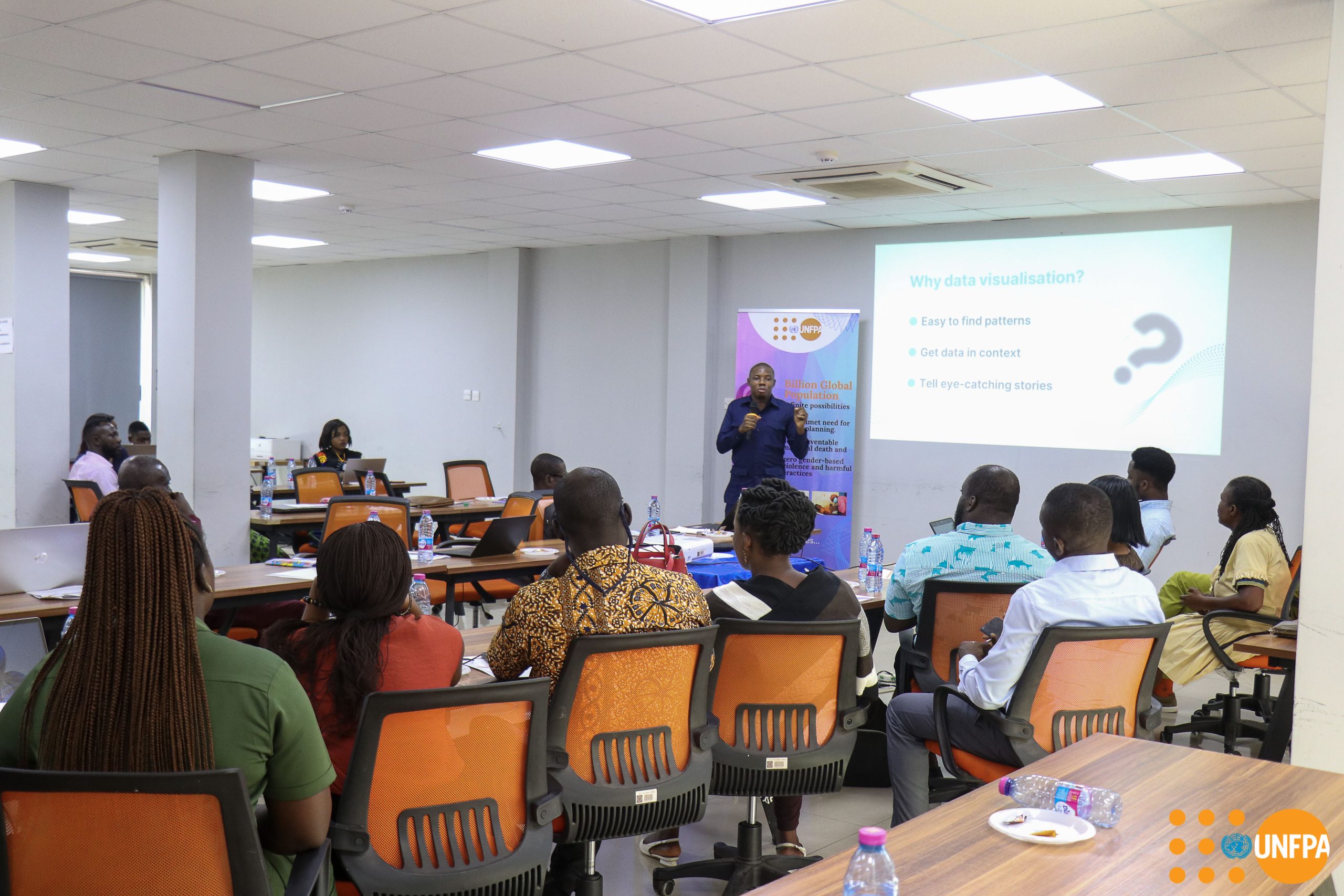
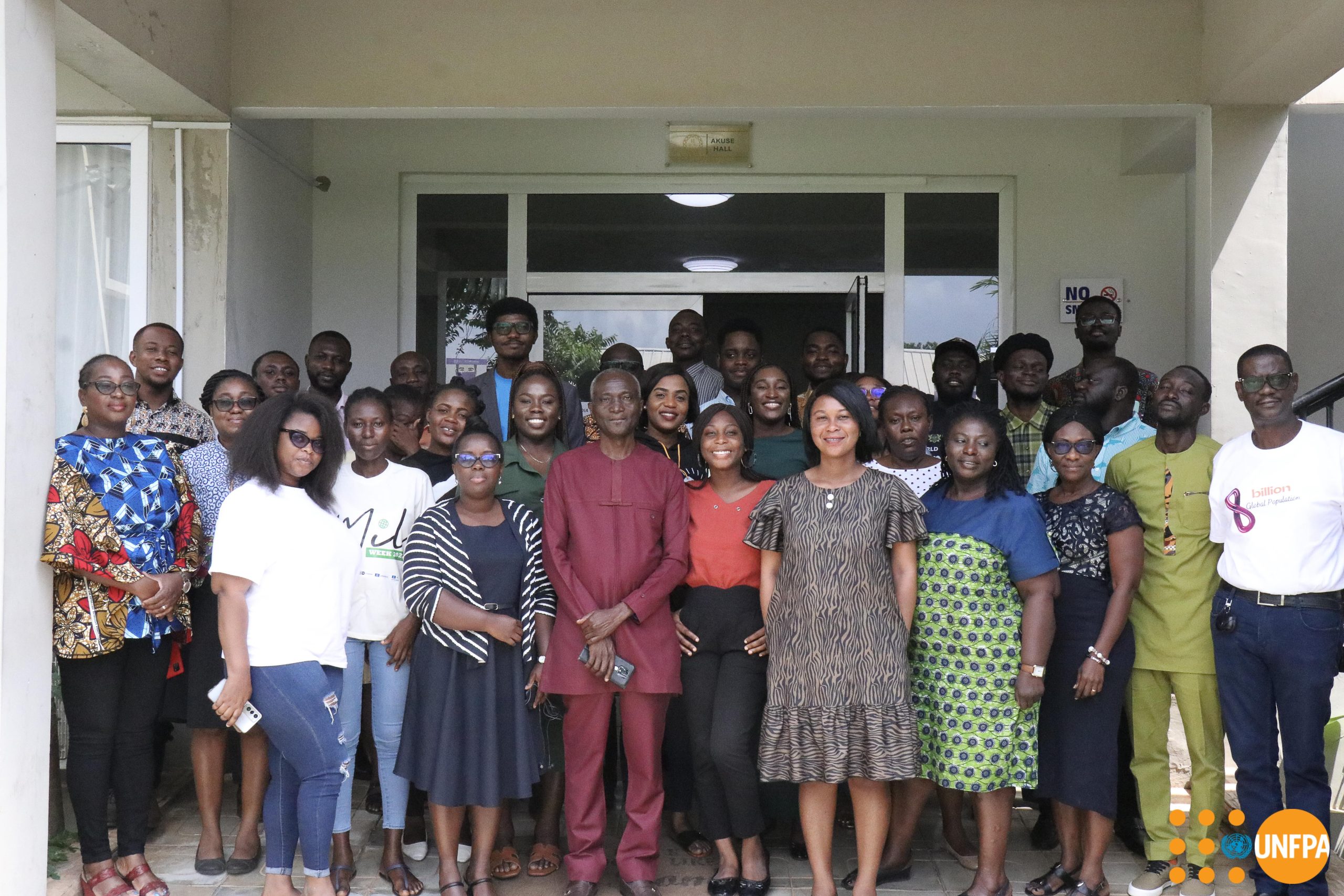
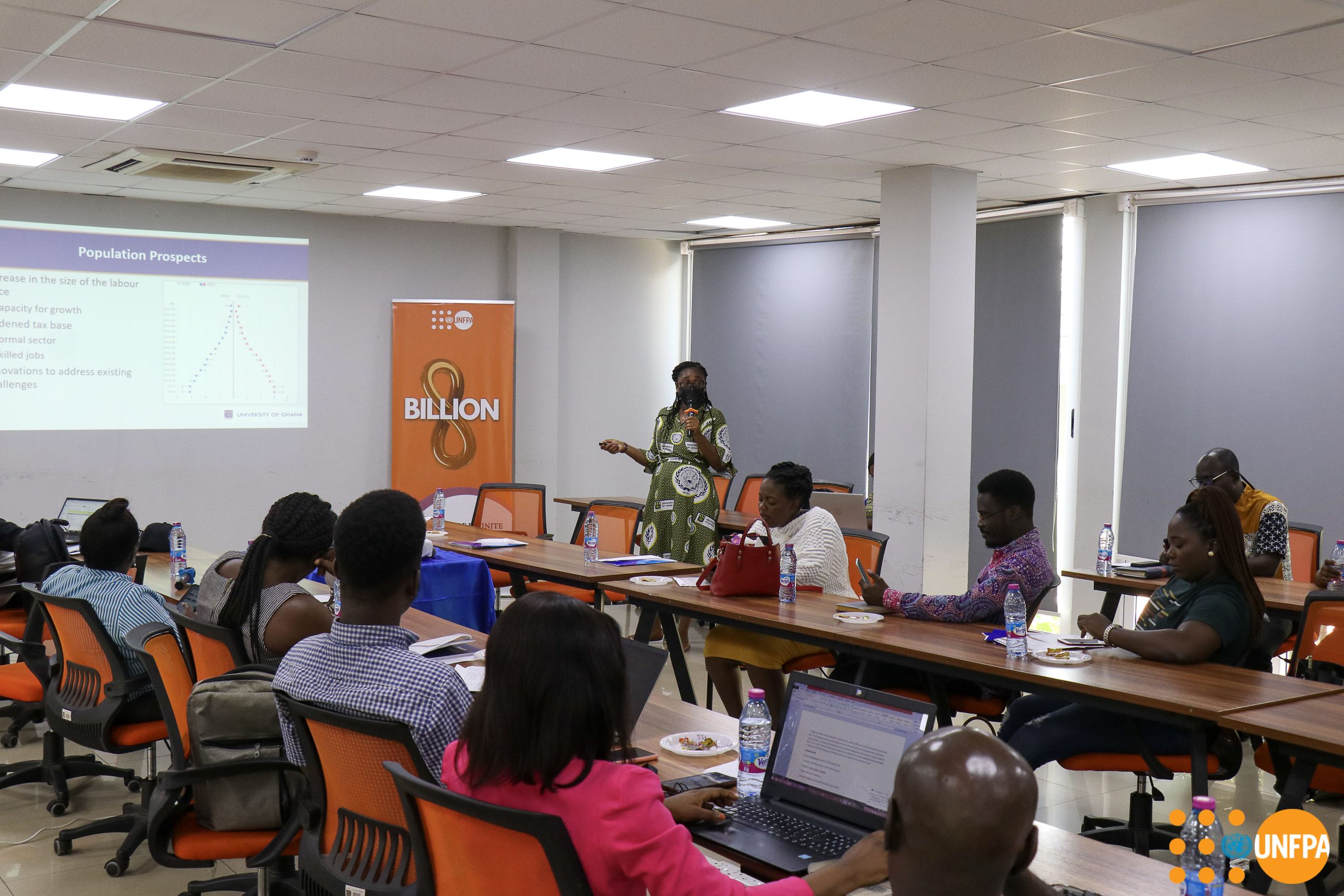
–
Story by: Kelly Adjetey Boye | univers.ug.edu.gh

